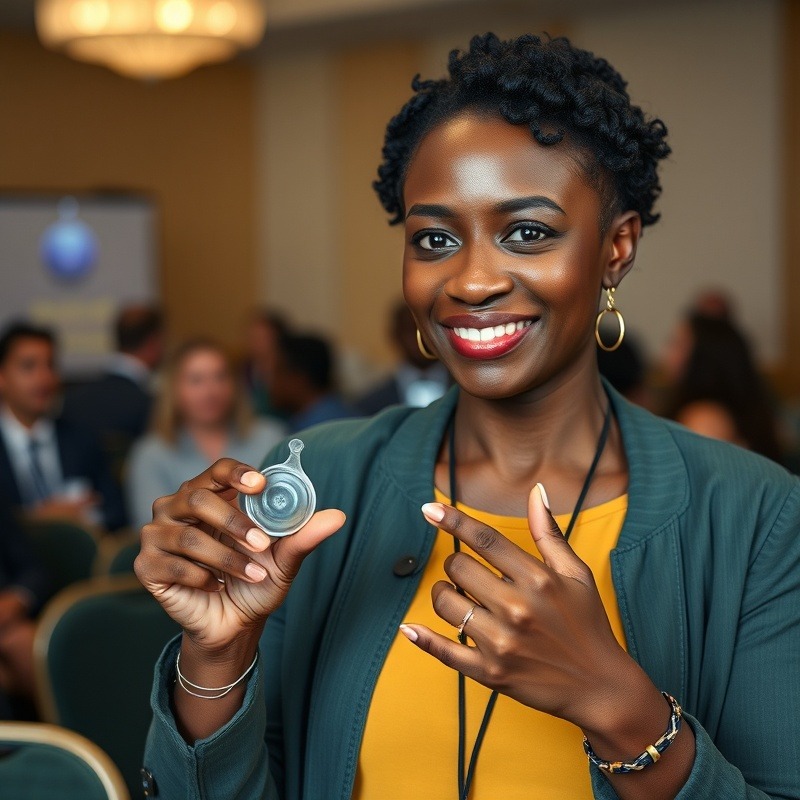
The Importance of Female Condoms in Women’s Health
The emergence of female condoms marks a significant milestone in women’s empowerment, particularly in sexual and reproductive health. Designed to offer women agency over their own bodies, the female condom gives women the autonomy they need to protect themselves from sexually transmitted infections (STIs) and unintended pregnancies. This empowerment is more crucial than ever, especially for women in African rural areas where healthcare access remains a challenge.
Historical Context and Background
The female condom first appeared on the market in the 1980s, offering a much-needed alternative to the male condom. Created by The Female Health Company, the FC2 Female Condom was a pioneering step recognized by the World Health Organization. Its inception provided women with an opportunity to take control of their health and safety during sexual interactions. Unlike male condoms, the female condom can be inserted internally, giving women the power to decide and negotiate their use within relationships. This design shift is revolutionary, as it places decision-making in the hands of women, a crucial step toward gender equality.
Relevance to Current Events
In today's world, with over 90% of new HIV infections resulting from sexual transmission as noted by UNAIDS, it's vital to highlight the role of female condoms. Women globally, especially in Africa, face the brunt of this epidemic, and tools like the FC2 Female Condom are essential in turning the tide. The pandemic response has further showcased the importance of empowering women with choices in health, underscoring the points made in health and gender equality discussions. By leveraging simple yet effective methods like female condoms, we can make substantial progress toward achieving Sustainable Development Goal 5, targeting gender equality and empowering all women and girls.
Unique Benefits of Knowing This Information
Understanding the role and benefits of female condoms extends beyond personal health. For healthcare professionals and NGOs, incorporating female condoms into public health strategies represents a proactive approach to addressing maternal health and African wellness. By enriching community knowledge on female condoms, we can better equip individuals with essential tools for sexual safety, moving closer to achieving broader public health goals.
 Add Row
Add Row  Add
Add 




Write A Comment